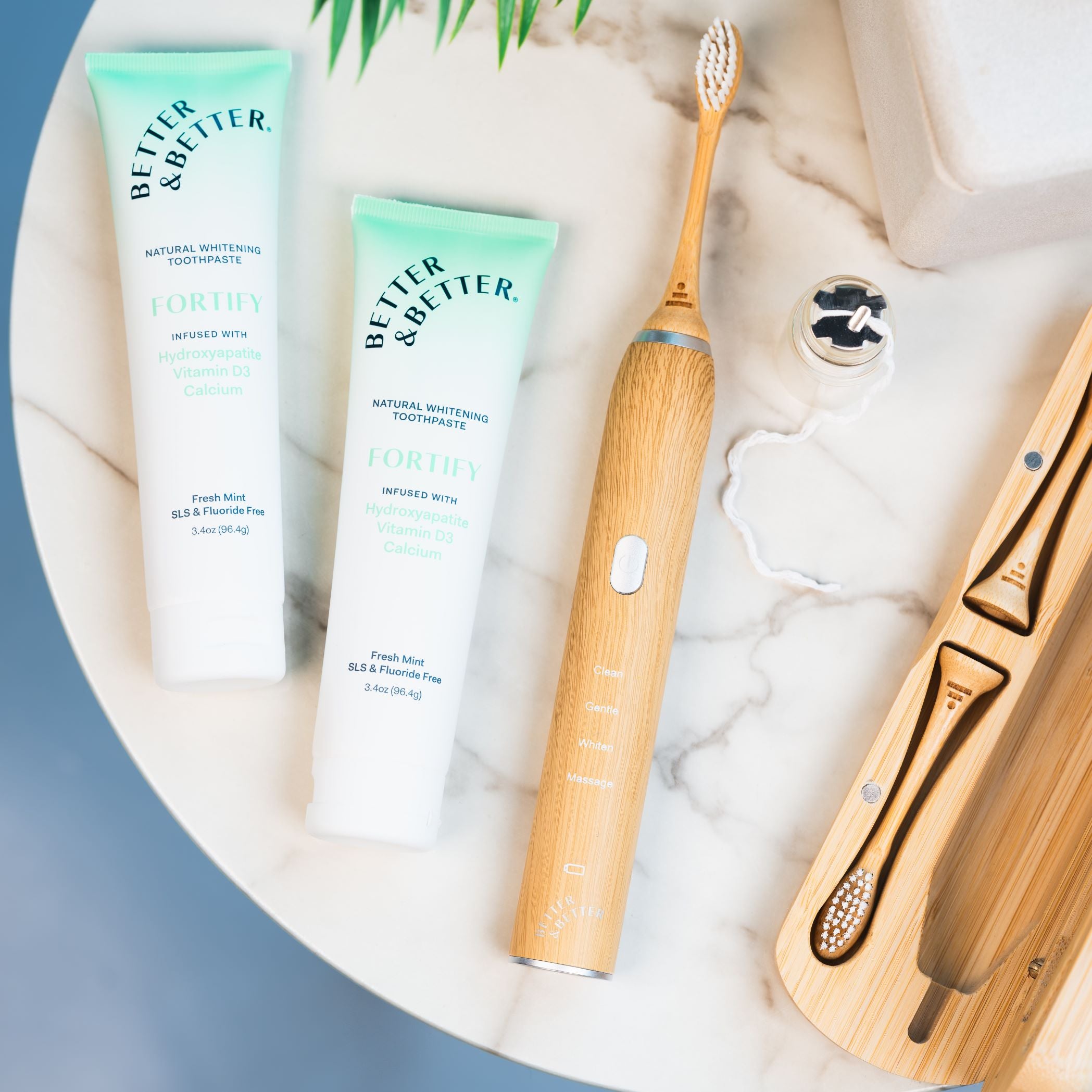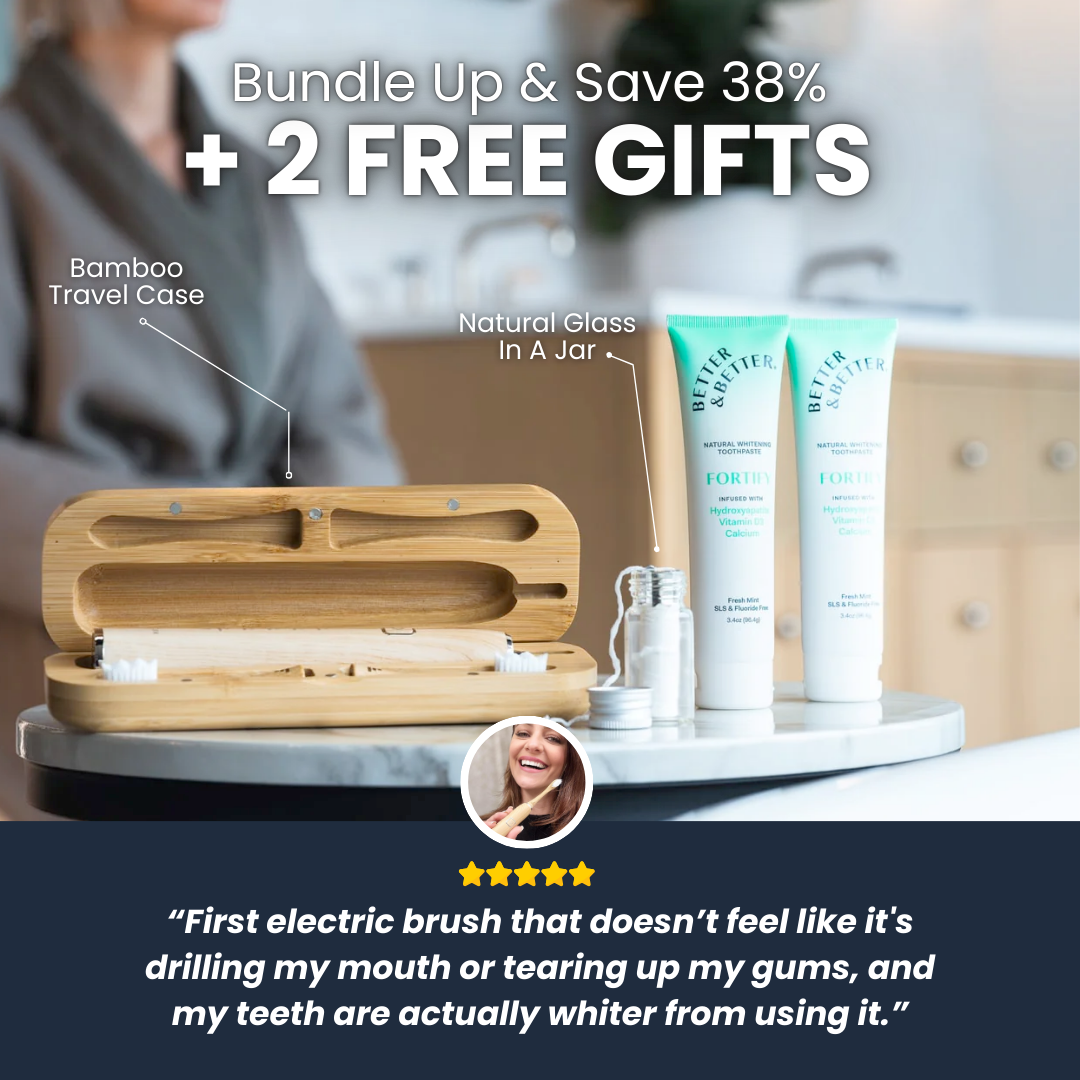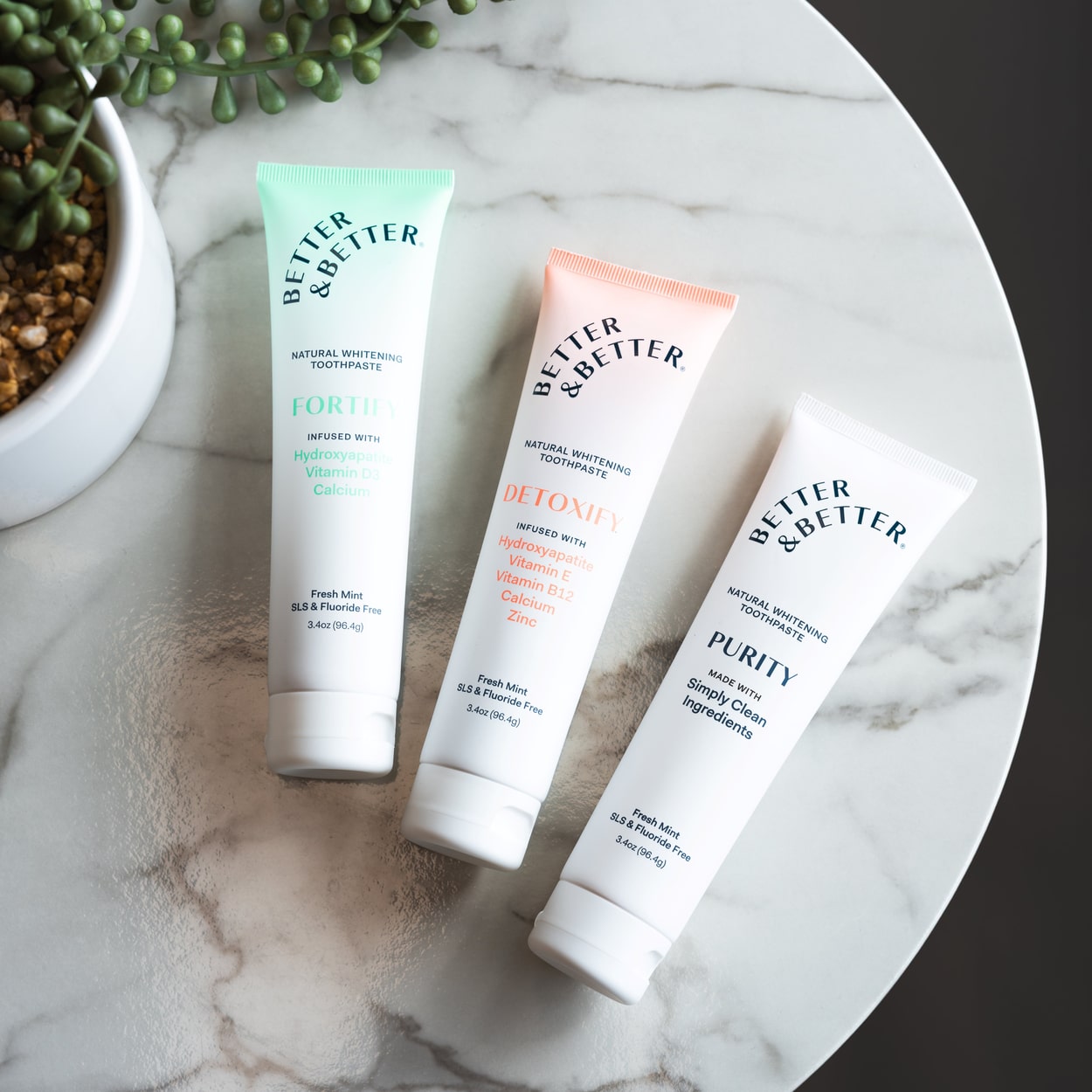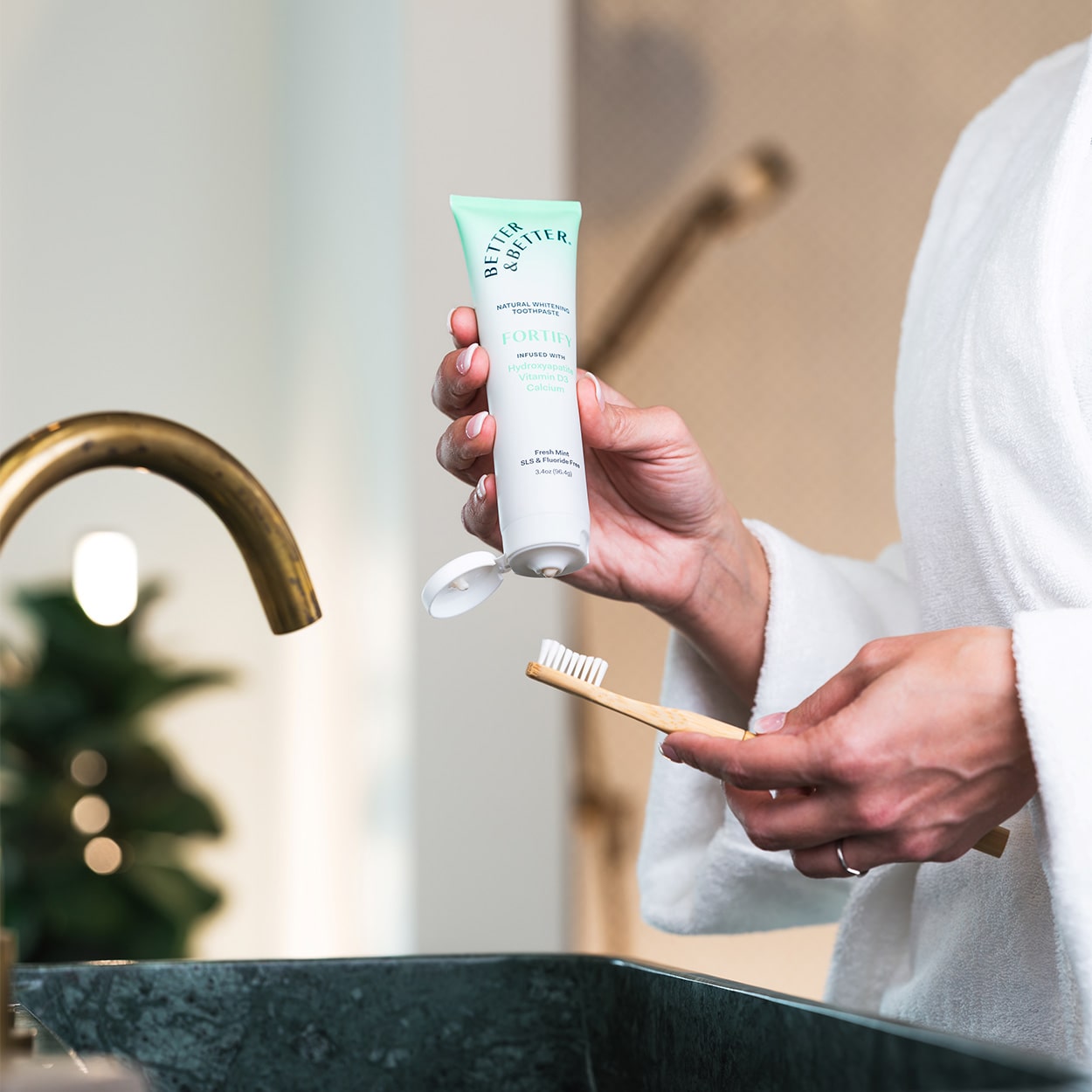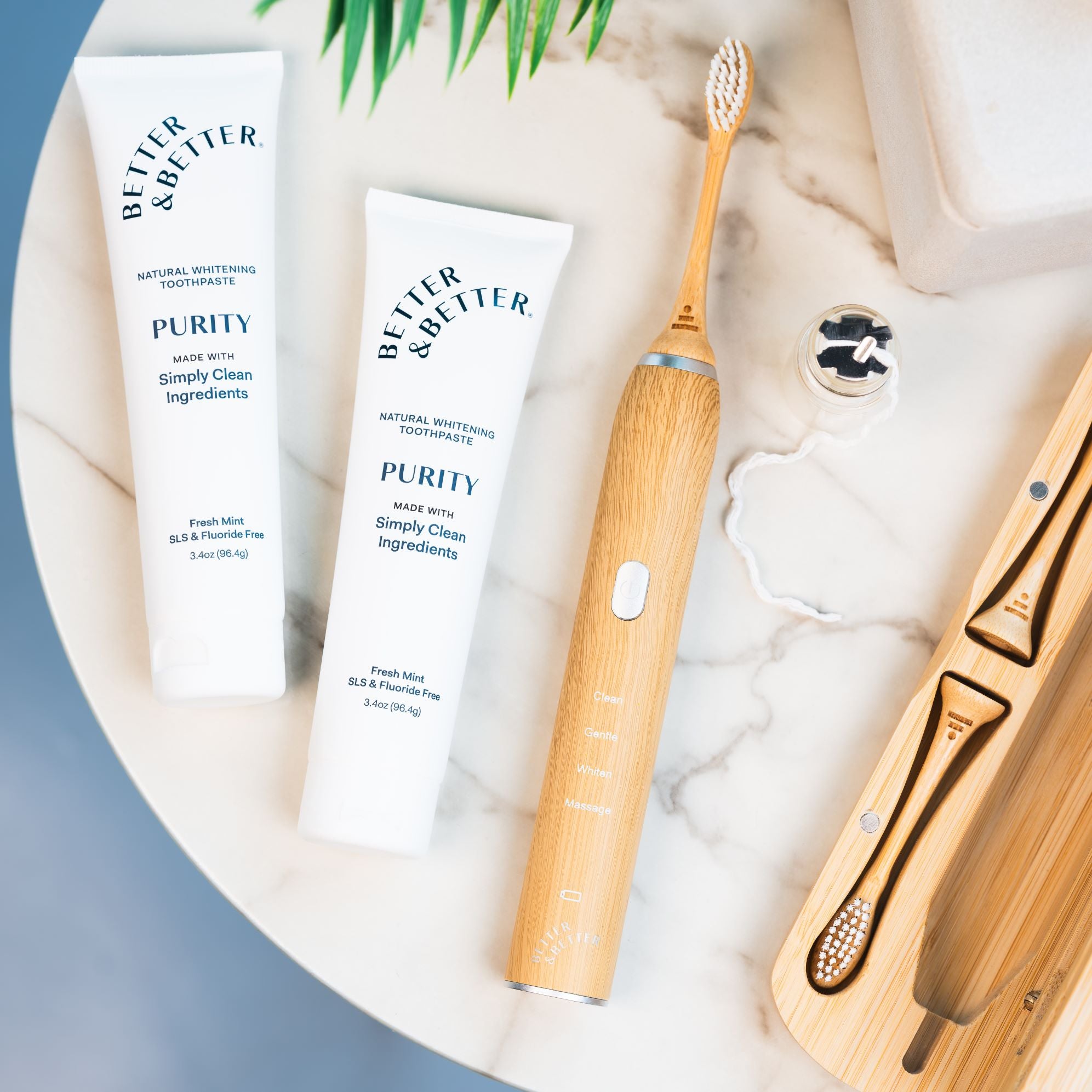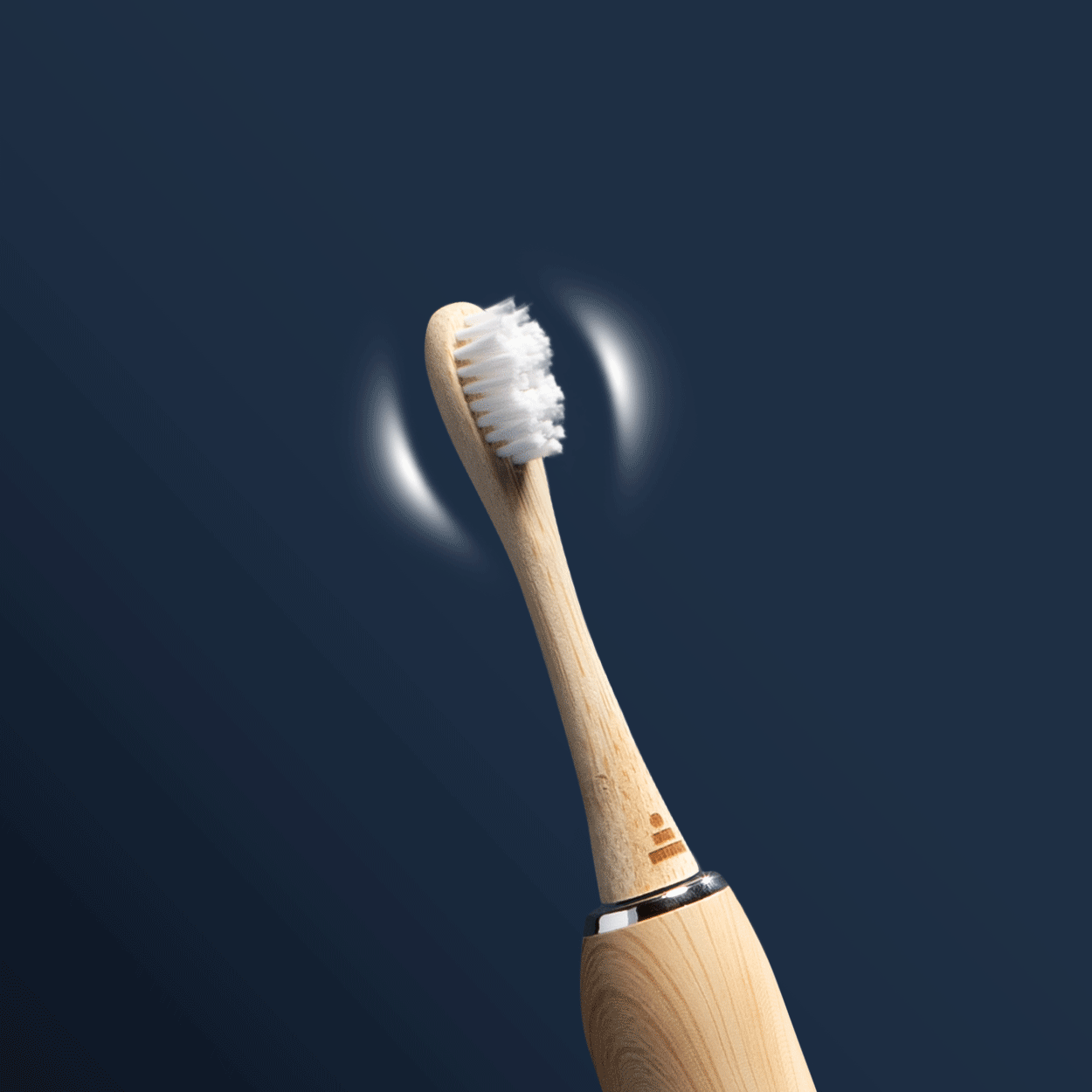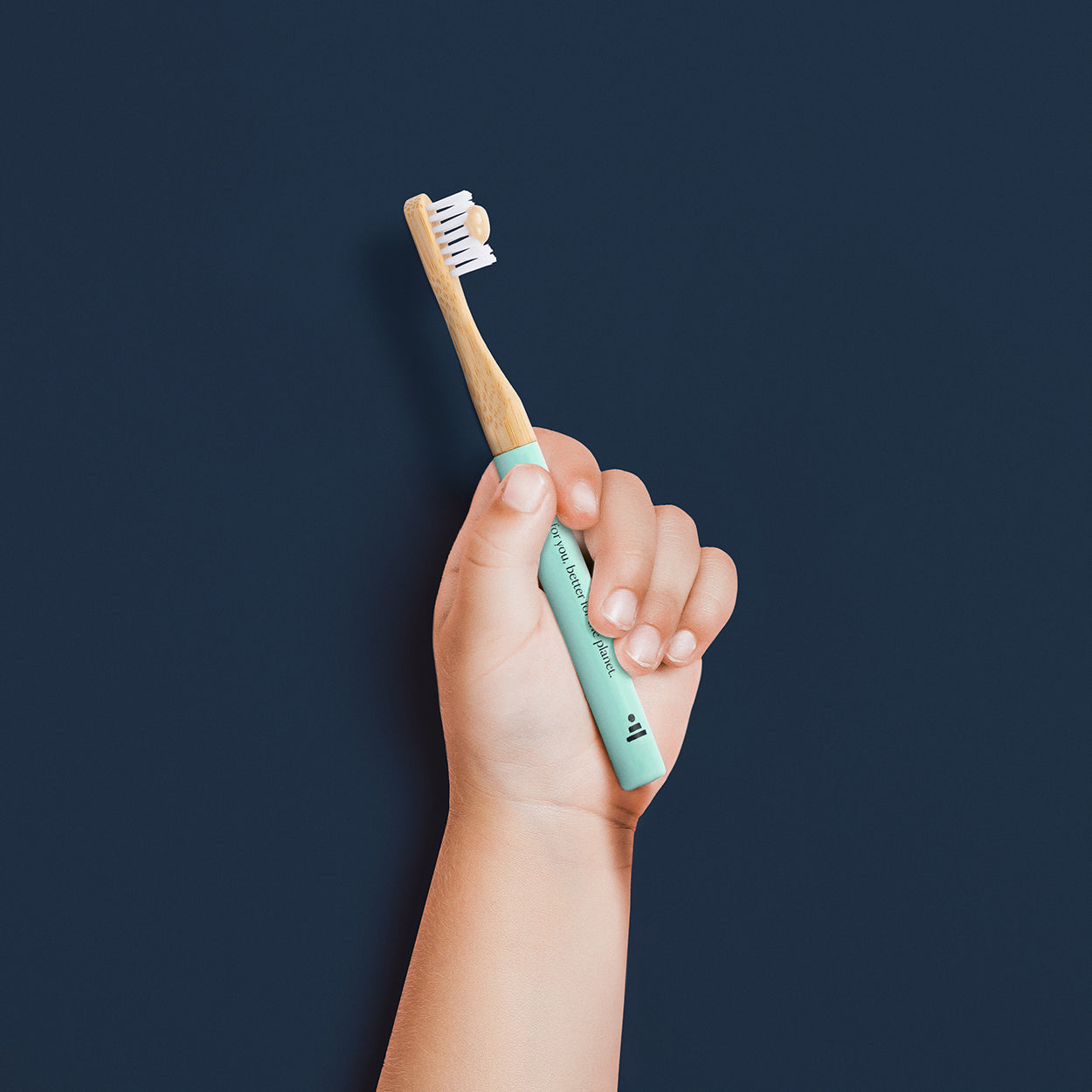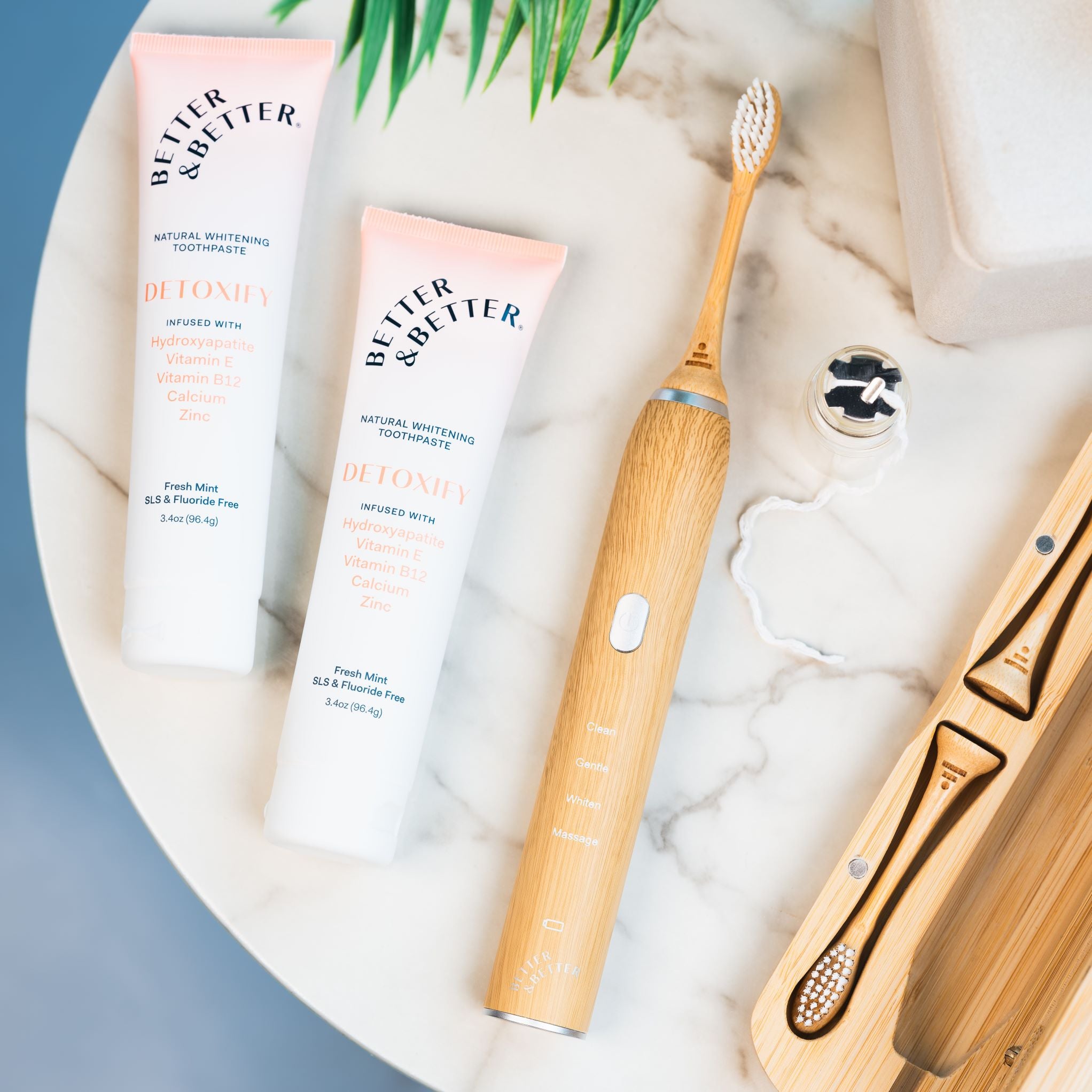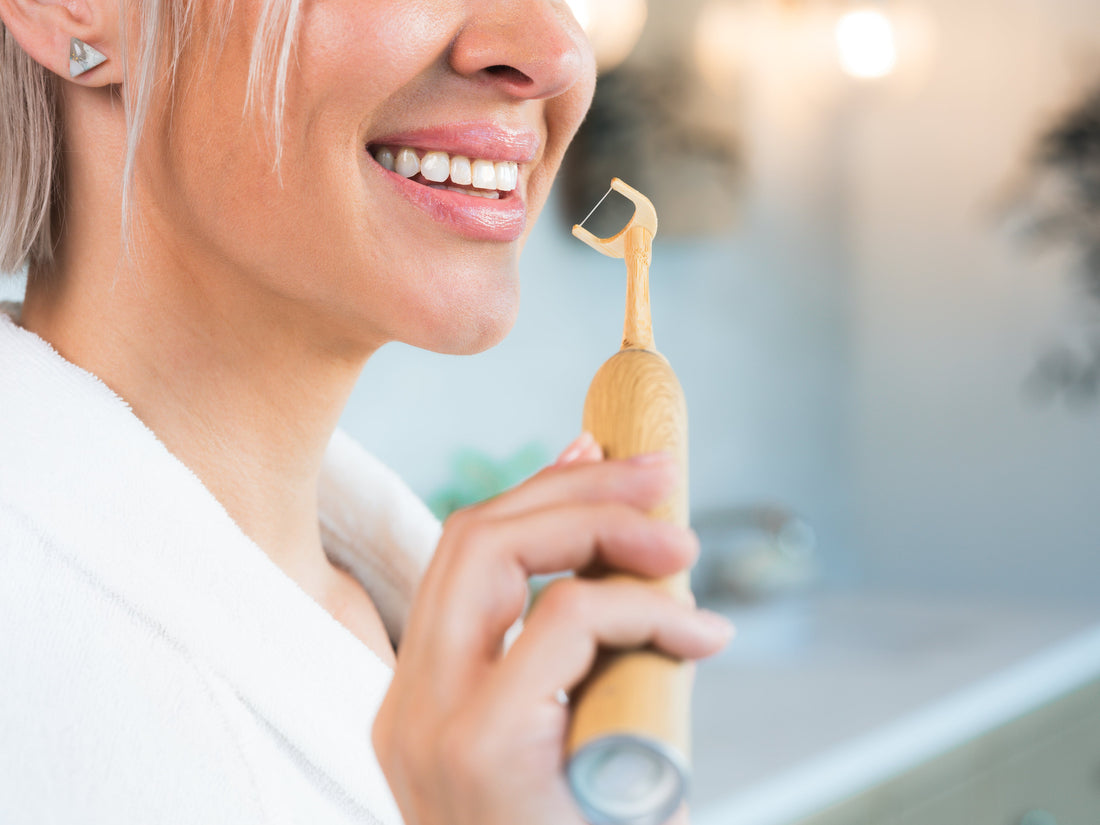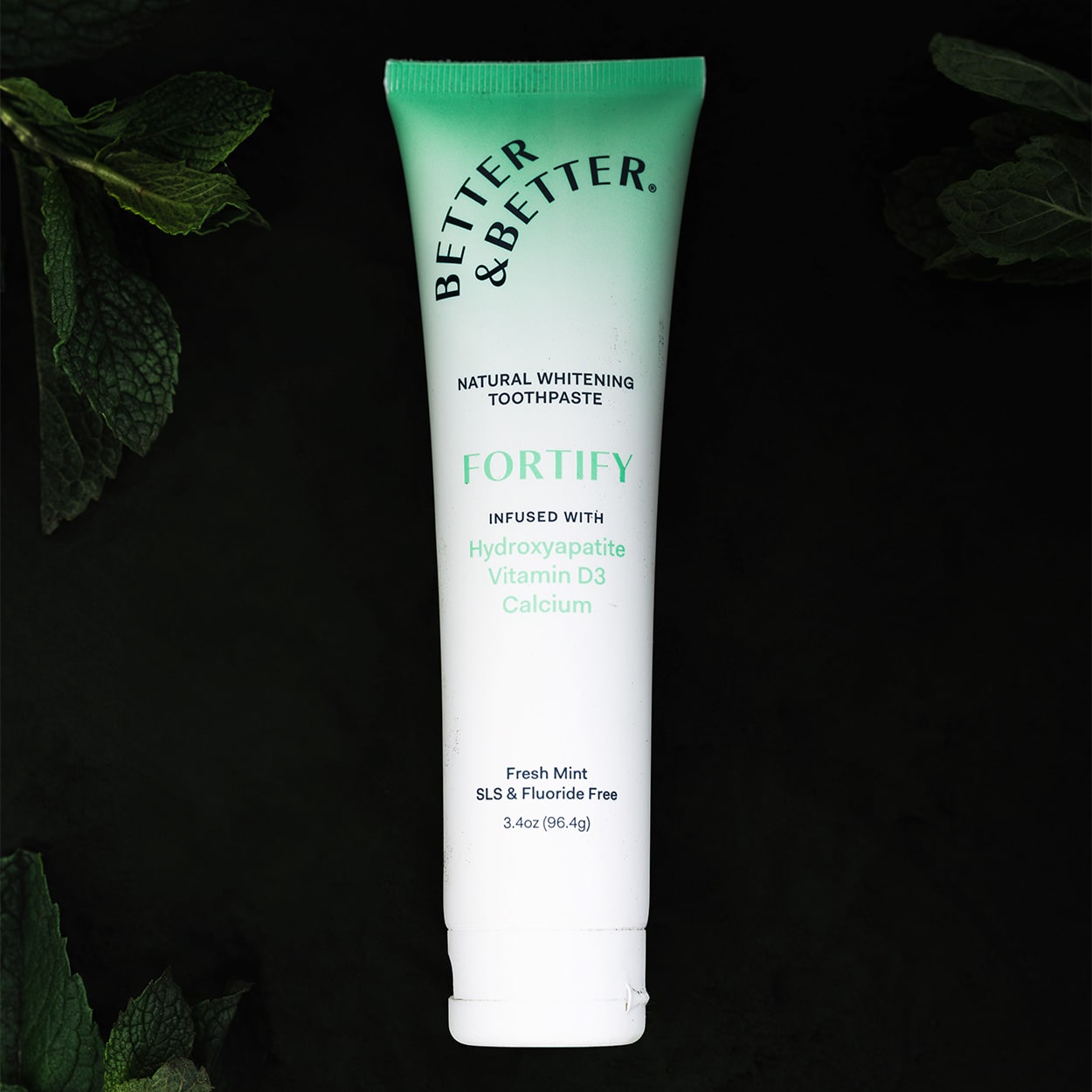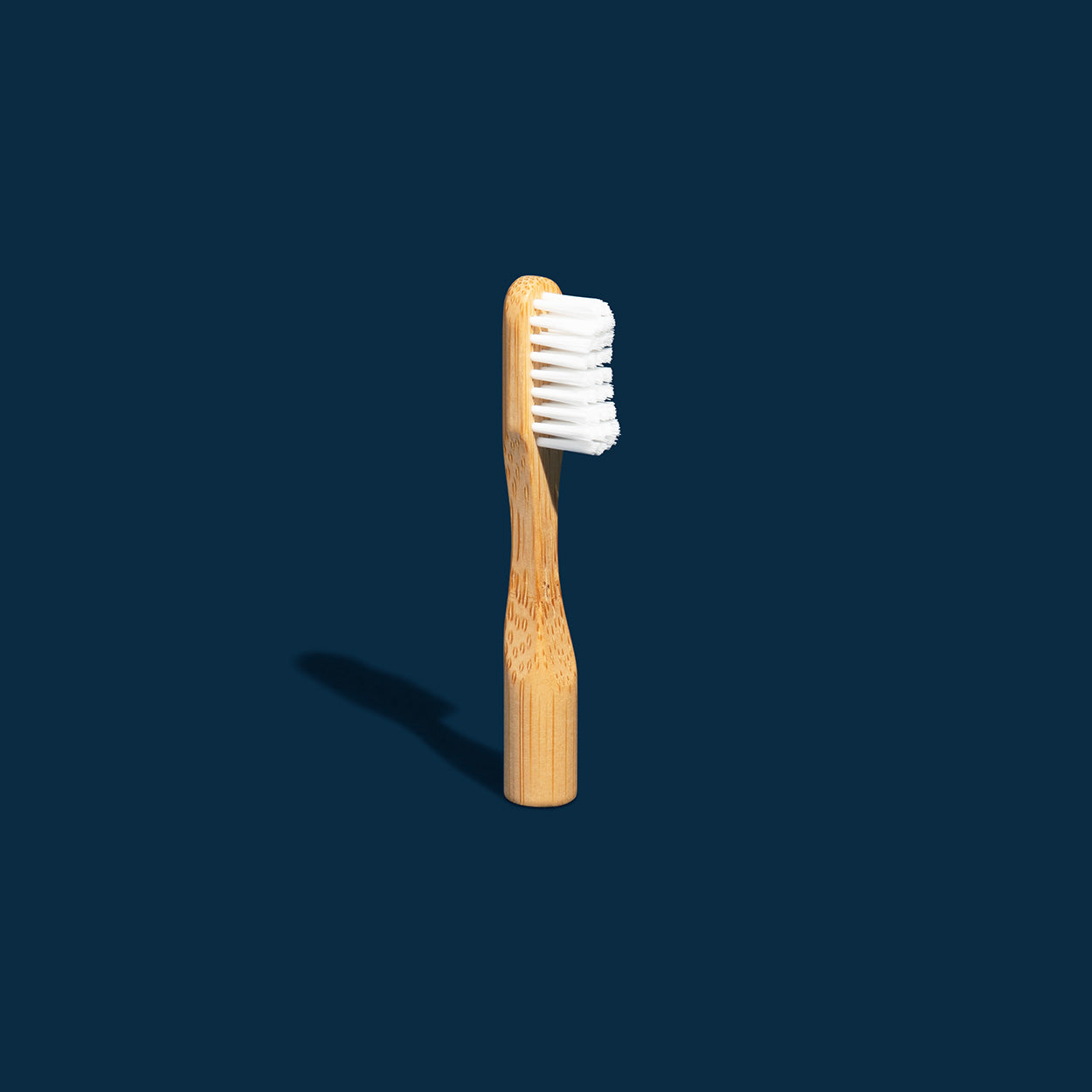Dr. Jaclyn Tomsic, MD, DMD, FACS, is a board-certified Oral and maxillofacial surgeon (OMF) based out of Cleveland, OH. OMF involves extensive dental and medical education and training to achieve surgical expertise and an unparalleled understanding of esthetics. Being an OMF surgeon qualifies Dr. Tomsic to treat conditions, defects, injuries, and esthetic aspects of the mouth, teeth, jaw, and face. Learn more about Dr. Jacci on her website, and follow her on Instagram at @DoctorJacci.
October is Domestic Violence Awareness Month — dedicated to intimate partner violence. It is a topic I’m very passionate about, and have presented on at Case Western Reserve University.
As an Oral and Maxillofacial Surgeon based in Cleveland, it is my unsaid responsibility to report domestic violence cases if, during a patient’s screening, I find injuries that indicate violence at home. Having noticed and reported cases of domestic violence that would have otherwise gone unaddressed, it is important to me to be a voice for women who are too scared to speak up.
Domestic violence is a serious, under-reported public health problem in the U.S. impacting up to 32 million Americans. Oral health providers specifically play a large role in domestic violence prevention, as they work closely with patients when examining their body in their private office — one of the few places where it can’t be covered up.
What Role Do Oral Health Providers Play in Identifying Domestic Violence?
Studies suggest that the head, neck and face location are a sensitive but nonspecific marker for IPV (intimate partner violence) related injuries, and when visiting the dentist, these areas are apparent.
Oftentimes, domestic abusers forbid sending their victims to the doctor for fear of detection — but the same doesn’t always apply to dental visits. This makes oral health providers a first line of defense for victims.
The First Line of Defense
It's important, then, to create a safe place for a patient to feel comfortable answering questions like, “do you feel safe in the home?” However, this type of question has a risk of high-sensitivity, and we can find more success asking a question that is high-specificity. Asking the right questions is important because the patient must feel comfortable and safe to speak. A better question would be, “Do you and your partner work out arguments with no difficulty, some difficulty, or a lot of difficulty?” The Joint Commission on Accreditation of Health Organizations mandated that all U.S. hospitals implement policies and procedures for the early identification and referral of victim abuse in 1992, but the tools provided are inadequate.
Oral healthcare providers may be reluctant to report due to a patient’s intervention, and because of limited time. A 2010 study in The Journal of Oral and Maxillofacial Surgery suggests that combining information regarding injury location and a screening questionnaire are together a better predictor of a woman’s likelihood to report domestic violence. So in my practice, I ask only a few open-ended questions in private, and pay attention to both exam findings and a patient's reaction to my questions.
Injuries Related to Instances of Domestic Violence
An oral surgeon can look out for injuries to the teeth by checking dark red marks on uncommon soft tissue, indicating broken or bruised blood vessels, such as the roof of the mouth, soft palate, the back of the oral cavity, the uvula, or floor of the mouth. These all raise suspicions. Common areas like bite trauma to the cheeks and lips are less of a concern, as are broken or chipped teeth. However, injuries to the face and jaw that an oral health provider might look out for are fractures of the facial skeleton: the lower jaw, the bones around the mouth, and nose. These are common injuries due to physical assault. Statistics show that the majority of people are right-handed, so left sided facial fractures are more commonly seen in assault victims.
The Bottom Line
To conclude, oral healthcare providers are frontline defenders for domestic violence by being an eye for signs of abuse during proper screenings that ask open-ended and safe questions. Many survivors may avoid or hide their abuse, but their injuries will speak volumes to oral health providers. It’s our duty to report violence for those under 18, and create a safe place for victims of IPV to speak up. Domestic violence is a serious issue for Americans, and oral health providers have a unique opportunity to take action that helps those suffering from domestic abuse.
For more information and guidance on helping someone who is experiencing domestic violence, contact the National Domestic Violence Hotline toll-free at 800-799-SAFE (7233).
Resources for Dental Professionals:



